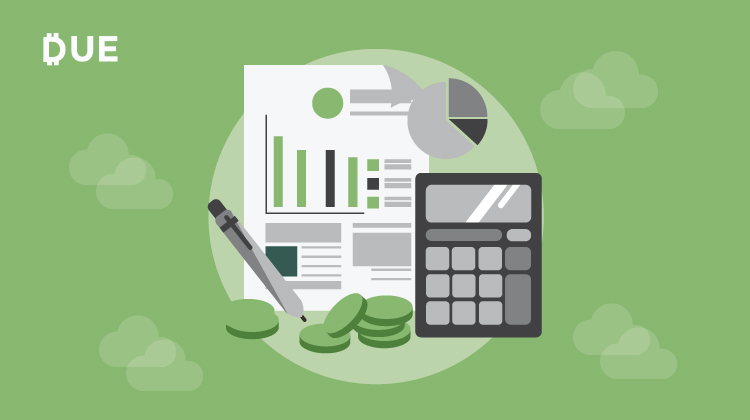Fall is upon us. Halloween is just weeks away. While personal finances may not be top of mind, there is no better time than the fall to clean up your personal finances. Fall cleaning can be a fun, light option to keep your finances running smoothly and ensure you are on track for your goals. You wouldn’t drive too many miles without an oil change. Fall Cleaning your finances is the same thing, but for your money. Check in today to avoid hassles and headaches tomorrow.
Table of Contents
TogglePrepare for holiday shopping
Start your Fall Cleaning by planning for the next big financial milestone most of us will see: holiday spending. According to the American Research Group, the average shopper planned to spend $929 on the holidays in 2016, a number that is even higher for parents. However, most Americans do not even have that much saved in an emergency fund. 69% of Americans have less than $1,000 in savings, according to GoBankingRates.
So how are you planning to pay for holiday gifts? If you don’t have the money saved already, it’s time to get to it. Create a budget and start saving today to avoid credit card bills in December. Or, even better, make a plan with friends and relatives to limit gifts and gift spending. Consider going with a friend to a holiday lunch, which gives you time together at a much lower cost than a gift. You might also consider starting shopping now to get the best deals.
Get your taxes in order for January
If you are self-employed, you have a lot to do to file taxes by the due date in April. Even if you are not self-employed, tax time likely requires a stack of forms, papers, and deductions. Gather as much as you can and plan ahead to make your tax preparation faster and easier. Investing a few minutes ahead of time can save you hours of work when preparing your taxes.
Start by gathering any donation or deduction receipts and organizing them into files, folders, envelopes, or digitally so you have them handy for tax prep. Next, prepare your filing system for any W-2, 1098, 1099, and other tax forms that may come in the mail in January and February. If you really want to go crazy, you can start to tally up donations and other deductions as well to save a few minutes of math during tax season.
Make use of the shred bin
All this talk about files and organizing leads to the next place to do some cleanup: your existing files. If you have years and years of files put away from your personal finances or freelancing business, you probably have some papers to clean out. Even my slim filing system needs a cleanup a few times per year to get rid of clutter and papers that are outdated or no longer needed.
I have taken steps to move to online statements for all of my personal finances (I still get paper for business). At the same time, I signed up for free service FileThis, which automatically downloads statements from all of my banks and other finance companies right into my Dropbox. Use this link for an extra 250MB of storage for free when signing up. Paper statements are more secure, good for the environment, and take no physical storage space in your already full home or home office.
Reduce financial clutter
Clutter doesn’t just apply to paper and other physical items. You can find yourself in financial clutter as well. Someone once told me that they keep a small balance in old bank accounts to keep them open just in case they ever need them. News flash: outside of credit accounts, there is no reason to keep an old, unused account open. If you have multiple checking accounts, savings accounts, or retirement accounts, you are better off consolidating them when possible. That includes 401(k) rollovers from old employers and consolidating IRA accounts as well.
Fewer accounts means fewer banks to work with, fewer statements to keep track of, fewer dollars to forget about, and simpler forms for taxes. Old credit accounts help your credit score, but old bank accounts offer no financial benefit. Close accounts you don’t use so you can focus on what you actually use today.
Level up your savings
Now you have your finances in order and have a clearer view of your overall financial situation. If you are not on track for your retirement savings goals, it’s time to increase your savings. The same goes for emergency funds and any other financial goals you have. No one cares more about your finances than you and no one is going to take care of your retirement. If you want the same quality of living when you retire, that’s on you.
Do everything you can to make sure your savings are on track for long-term success. Part of Fall Cleaning is planning for the future. If you are not saving, it’s time to fix that for good.
















